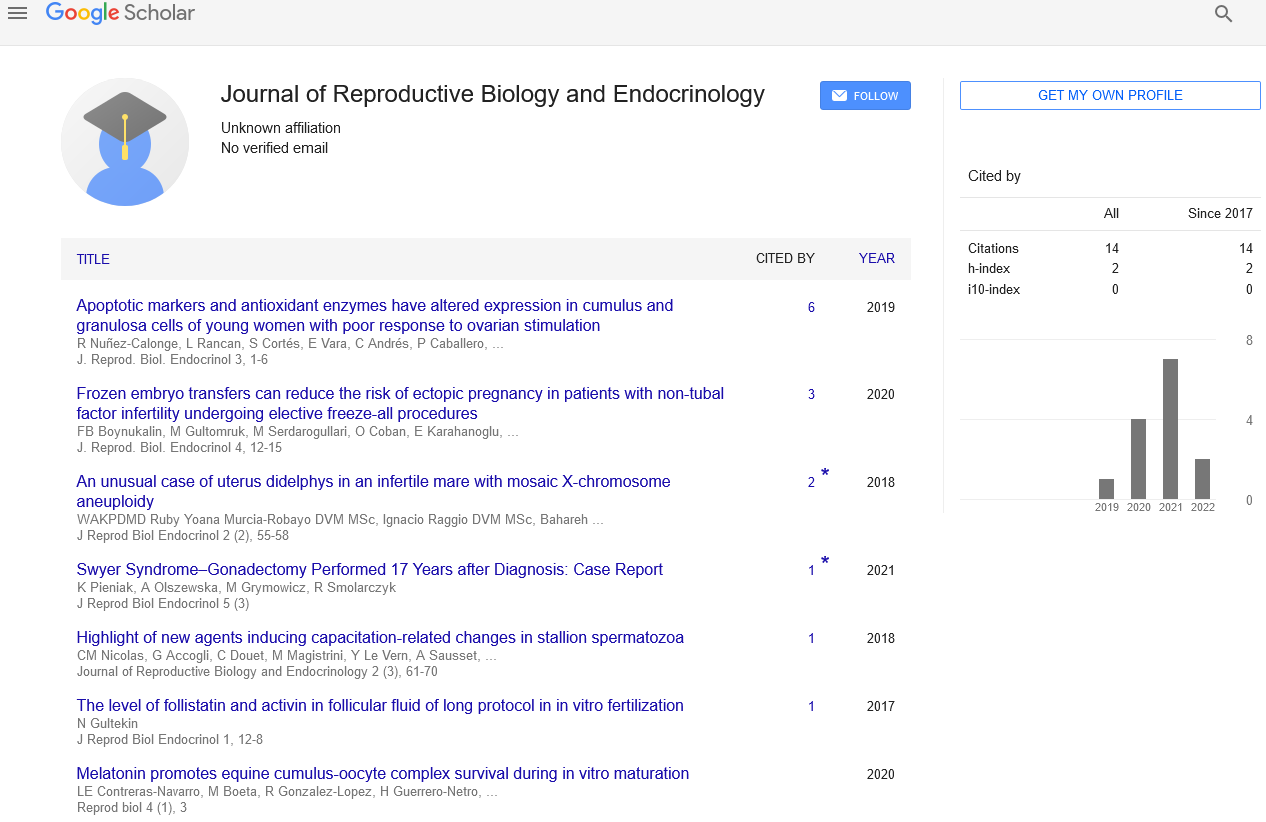Tim Jason
Publications
-
Original Article
Fertilization: And its effects
Author(s): Tim Jason*
Most invertebrates, like sea urchins, and non-mammalian vertebrates, such fish and amphibians, have spermatozoa that are fully capable of fertilizing eggs when they leave the testis. Mammalian testicular spermatozoa, on the other hand, lack this capability. They become more capable of fertilising as they move through the epididymis. The maturation of spermatozoa in the epididymis is referred to as this process, which appears to be "unique" to mammals. However, spermatozoa still need to go through a further stage of maturation or capacitation within the female genital canal before they may fertilise eggs. IVF was initially created as a way to get around a simple mechanical fallopian tube blockage, which prevents sperm from getting to the oocytes and, as a result, prevents embryos from getting to the uterus for implantation. Mature oocytes were removed from the ovaries by.. Read More»
DOI: DOI:10.37532/PULBECR .2022.6(4).2




